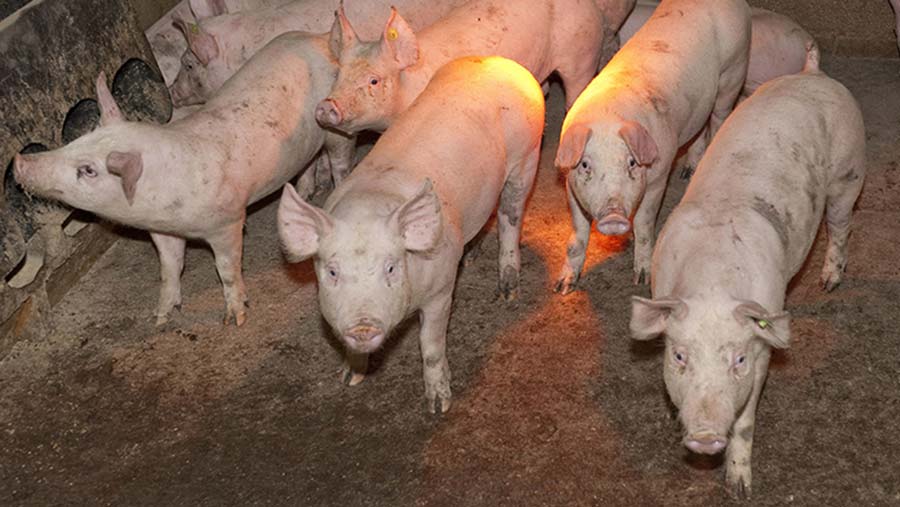Farmers face hike in environmental permit fees
 © FLPA/Rex/Shutterstock
© FLPA/Rex/Shutterstock One week remains for pig and poultry producers to respond to government plans for a big hike in the cost of environmental permits.
The Environment Agency (EA) wants to increase permit variation fees from £380 to between £2,400 and £7,000.
New application fees would increase from £3,750 to about £8,000.
A consultation on the issue was extended by two weeks after industry leaders warned that such big increases would cause problems for producers.
See also: Q&A: How new environmental pig permits could affect you
The NFU, National Pig Association, British Poultry Council and British Egg Industry Council voiced their concerns in a joint letter to agency chief executive James Bevan before Christmas.
The consultation deadline was then extended to 26 January 2018.
Permission to operate
Environmental permits give holders permission to operate – and are issued by the agency across a range of industries, not just agriculture.
Only pig farms over a certain size need a permit. Anyone who has places for either 2,000-plus finishing pigs at more than 30kg or 750 sows (including served gilts) needs a permit.
Poultry producers with more than 40,000 places also require one.
Failure to operate without a permit where one is required is a criminal offence.
‘Utterly unacceptable’
National Pig Association chief executive Zoe Davies said the proposed increases were unjustified, and would cause needless damage to producers.
“The pig sector has invested heavily over the years to address the concerns covered by environmental permits, making it easier for the EA to do its job,” she said.
“That this is how we are repaid is utterly unacceptable and we are asking in the strongest terms for the EA to think again.”
The agency argues that the planned increases are needed to transfer the cost of regulation from the public purse to the pig and poultry sectors.
“Businesses that are well managed and low hazard present a low environmental risk and would be charged less,” said an agency spokesman.
“Higher-risk or poor-performing businesses would be charged more.”
The consultation is available through the Environment Agency.

